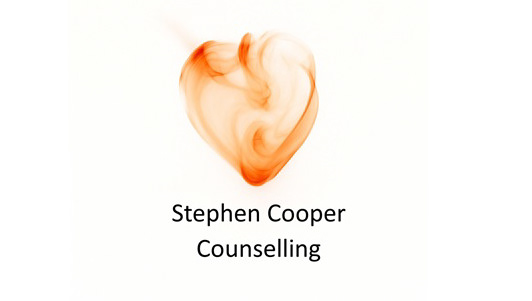People who are neurodiverse may face a number of issues, often daily. Here is a description
of the most common conditions. Those on the autistic spectrum can have difficulties with
social interactions and reading the intentions of others, which may cause them to fear being
exploited. People with Attention Deficit Hyperactivity Disorder (ADHD) can find it difficult to
be attentive while also being hyperactive and impulsive, which can negatively impact the
capacity to succeed at doing tasks and to build relationships. Dyslexia causes problems with
reading and writing, which may then produce a negative self-image, create feelings of
anxiety, and lead to difficulties with finding the words to say when talking to others.
Tourette syndrome is a condition that produces obsessive-compulsive behaviours, problems
with anger management, muscle and verbal tics, and learning difficulties, which collectively
can then hinder interaction with other people. An intellectual disability can present
obstacles with learning and thinking, which can cause problems performing everyday
activities as well as leading to emotional and behavioural difficulties. Neurodiverse conditions can create impediments for the person to access necessary services and they
may also experience discrimination or mistreatment by others.
of the most common conditions. Those on the autistic spectrum can have difficulties with
social interactions and reading the intentions of others, which may cause them to fear being
exploited. People with Attention Deficit Hyperactivity Disorder (ADHD) can find it difficult to
be attentive while also being hyperactive and impulsive, which can negatively impact the
capacity to succeed at doing tasks and to build relationships. Dyslexia causes problems with
reading and writing, which may then produce a negative self-image, create feelings of
anxiety, and lead to difficulties with finding the words to say when talking to others.
Tourette syndrome is a condition that produces obsessive-compulsive behaviours, problems
with anger management, muscle and verbal tics, and learning difficulties, which collectively
can then hinder interaction with other people. An intellectual disability can present
obstacles with learning and thinking, which can cause problems performing everyday
activities as well as leading to emotional and behavioural difficulties. Neurodiverse conditions can create impediments for the person to access necessary services and they
may also experience discrimination or mistreatment by others.
